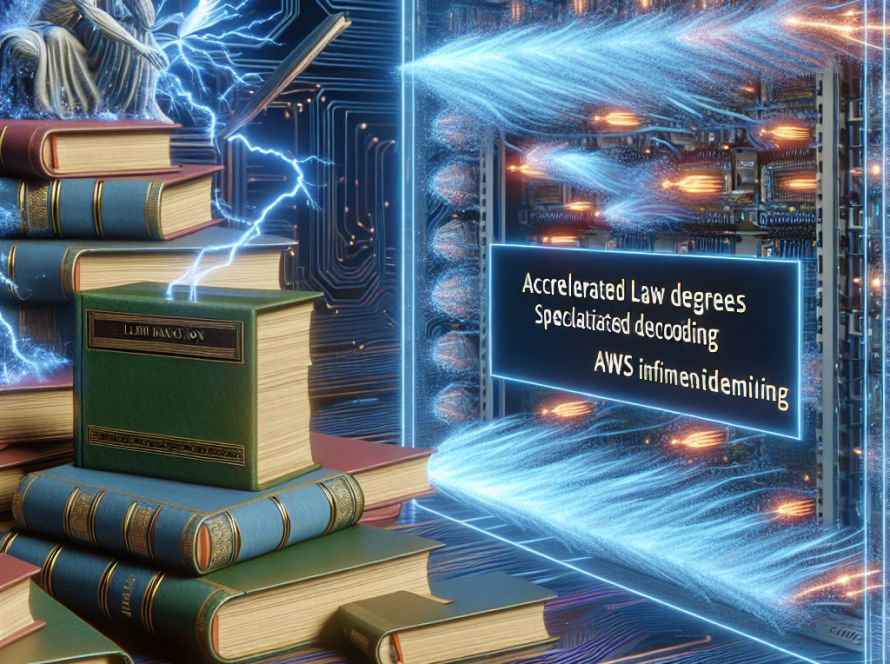DeepLearning.AI has rolled out fifteen short artificial intelligence (AI) courses, aiming to enhance students’ proficiency in AI and generative AI technologies. The training duration isn’t specified, but the depth and breadth of the curriculum cater significantly to AI beginners and intermediates.
Following is the description of these courses:
1. Red Teaming LLM Applications: It covers enhancing LLM applications’ security using red teaming. Students will learn to identify and address vulnerabilities within LLM applications, using Giskard’s open-source library to automate red teaming procedures.
2. JavaScript RAG Web Apps with LlamaIndex: This course teaches constructing Retrieval Augmented Generation (RAG) applications in JavaScript. It provides insights into creating an engaging frontend that communicates smoothly with the data.
3. Efficiently Serving LLMs: This intermediate-level course delves into deploying Large Language Models (LLMs) effectively in a production environment, focusing on balancing performance and speed.
4. Knowledge Graphs for RAG: Trainees will learn to build and utilize knowledge graph systems for improved RAG applications using LangChain.
5. Open Source Models with Hugging Face: This course educates building AI applications using open-source models and tools from Hugging Face, focusing on sharing and running AI applications easily.
6. Prompt Engineering with Llama 2: Participants will learn the best practices for prompting and choosing Llama 2 models for building safe and responsible AI applications.
7. Building Applications with Vector Databases: This beginner-level course teaches to develop applications powered by vector databases, involving uses of Pinecone for implementation.
8. LLMOps: This course introduces LLMOps best practices, including the process of tuning LLMs for specific tasks and deploying them.
9. Automated Testing for LLMOps: This course emphasizes developing automated testing frameworks for LLM applications and introduces continuous integration pipelines.
10. Build LLM Apps with LangChain.js: This program provides insights into building powerful, context-aware applications using LangChain.js.
11. Reinforcement Learning from Human Feedback: This intermediate program includes LLM tuning and evaluation using Reinforcement Learning from Human Feedback.
12. Building and Evaluating Advanced RAG Applications: This course delves into enhancing retrieval techniques and mastering evaluation metrics to optimize RAG applications.
13. Quality and Safety for LLM Applications: This safety-built course teaches participants to evaluate their LLM applications’ security and improve it.
14. Vector Databases: from Embeddings to Applications: Participants will learn how to harness vector databases for AI applications.
15. Functions, Tools, and Agents with LangChain: This intermediate-level course introduces the latest advancements in LLM APIs and the use of LangChain Expression Language (LCEL) for faster chain and agent composition.
Each course’s stipulated skill level varies from beginner to intermediate level. These courses are appropriate for professionals who want to learn about AI applications’ safety, AI-powered web apps, and vector database exploration.


